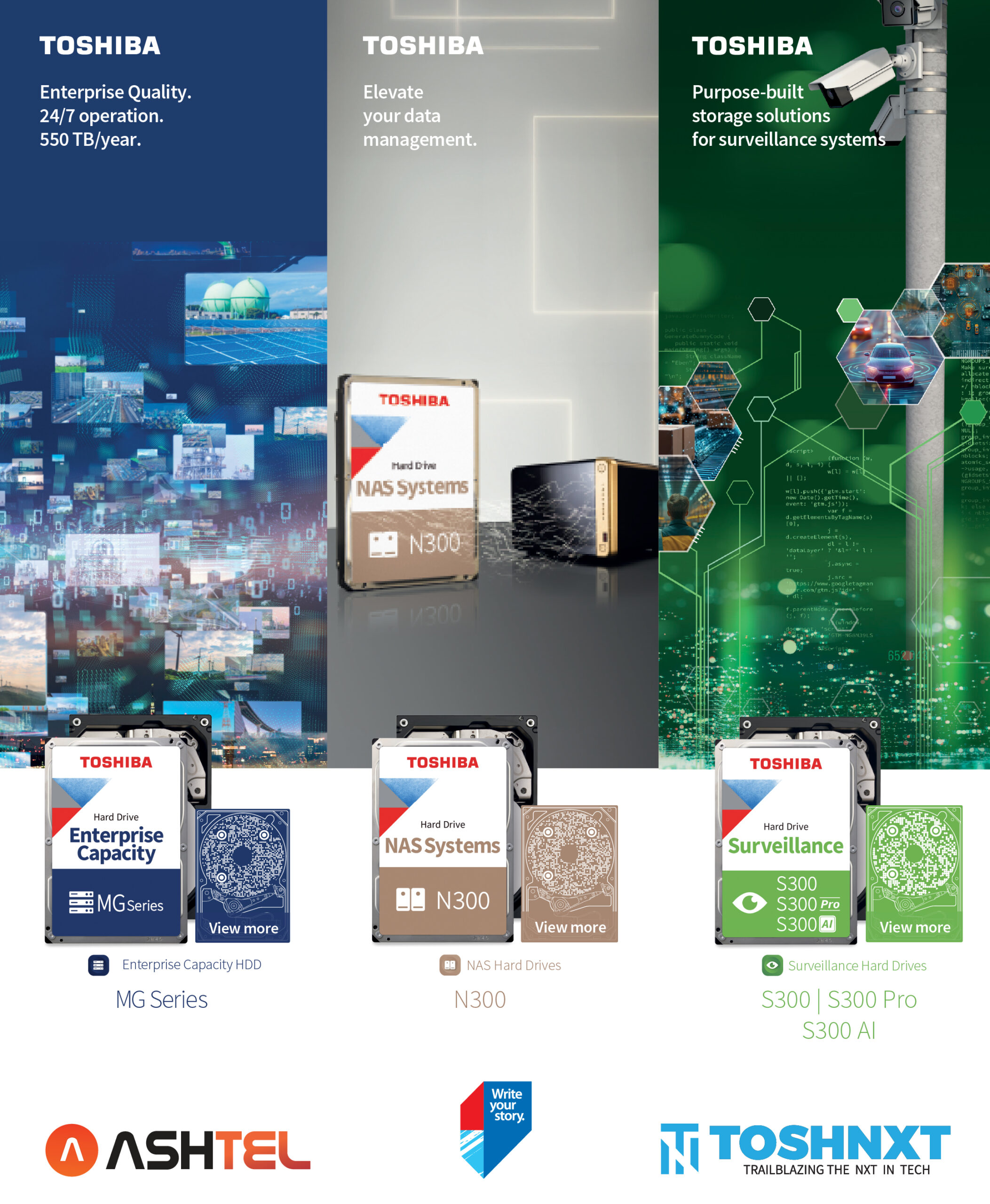
Director – Asia, Middle-East, Africa for Digital Services
Tejas Lagad, Director – Asia, Middle-East, Africa for Digital Services at IN Groupe, shares strategic insights on how identity-first security, PKI modernization, and quantum readiness are shaping enterprise and government priorities in the region.
In today’s hybrid and highly distributed IT landscape, how does Nexus help enterprises in the Middle East maintain digital trust across users, devices, and applications, while keeping the process simple and manageable?
In a region where digital transformation is accelerating across government, finance, and energy, Nexus empowers organizations to maintain digital trust through its Smart ID platform. The solution delivers identity-first security for users, devices, and applications, whether hosted on-premise, in national data centers, or in the cloud.
Nexus today supports leading telecom operators, smart cities, the energy sector, and financial institutions across the GCC, simplifying trust management through automated certificate lifecycle management and Identity-as-a-Service (IDaaS). It ensures compliance with Saudi Arabia’s NCA ECC and UAE’s NESA frameworks while readily integrating with Tasheer, Nafath, and GCC smart city ecosystems, advancing digital sovereignty and interoperability.
As IoT and OT environments continue to converge, what’s Nexus’ approach to securing identities and authentication for connected devices in sectors like manufacturing and critical infrastructure?
As IT and OT environments converge in oil & gas, utilities, and transportation, Nexus delivers device identity assurance from the factory floor. It’s Factory CA issues digital birth certificates to devices at the manufacturing stage itself, ensuring secure identity from day one.
This approach is already being used by regional energy producers and industrial automation providers to secure their connected ecosystems. Nexus also enables secure firmware signing, code validation, and Matter-compliant attestation aligned with IEC 62443, the EU Cyber Resilience Act, and Saudi Vision 2030—helping strengthen national resilience across critical infrastructure.
How does the Nexus platform secure cloud and on-premise environments, particularly when compared to the PKI capabilities of Microsoft ADCS?
While Microsoft ADCS was designed for traditional IT, Nexus provides a sovereign, cloud-ready PKI built for hybrid architectures and regulated sectors. It supports open standards like ACME, EST, and REST, enabling full automation and integration with regional cloud platforms and government services.
Trusted by public-sector clouds and tier-one banks in the Middle East, Nexus PKI—Common Criteria EAL4+ certified—offers active-active high availability and cryptographically signed audit logs. It’s a strategic modernization of digital trust aligned with Zero Trust and national digital sovereignty priorities.
How do you help enterprises automate the full lifecycle management of workplace device identities, and why is this automation becoming so critical today?
With distributed workforces and mobile-first operations expanding, automation is now essential. Nexus’ Smart ID for Workplace Devices and GO MDM integrate with Microsoft Intune, ServiceNow, and regional ITSM tools to manage both domain and non-domain devices.
Major GCC telecoms, insurers, and public entities already rely on Nexus automation to manage millions of certificates—avoiding expiry outages, closing security gaps, and ensuring continuous compliance with NCA ECC and NESA. This frees IT teams to focus on innovation instead of firefighting.
How are compliance requirements influencing enterprise PKI strategies, and how is Nexus aligning its solutions to this shift?
Middle Eastern enterprises are aligning with national cybersecurity mandates such as NCA ECC, NESA, and Q-CERT, demanding cryptographic assurance and auditability.
Nexus, part of IN Groupe, supports this evolution with policy-based issuance, certified PKI, and tamper-evident audit trails. Its solutions underpin qualified e-signature, citizen ID, and e-government programs across multiple GCC countries, enabling compliance, interoperability, and long-term scalability.
How important is it for organizations to be ‘quantum-ready’ when it comes to PKI, and what steps is Nexus taking to enable this readiness?
Quantum readiness is no longer optional. Nexus is embedding post-quantum cryptography (PQC) standards such as CRYSTALS-Kyber and Dilithium, in line with NIST FIPS 203–205.
In collaboration with financial regulators and national digital identity authorities, Nexus is helping organizations define quantum-safe PKI strategies that secure their infrastructures well into the next decade—protecting everything from government data to financial transactions.
















